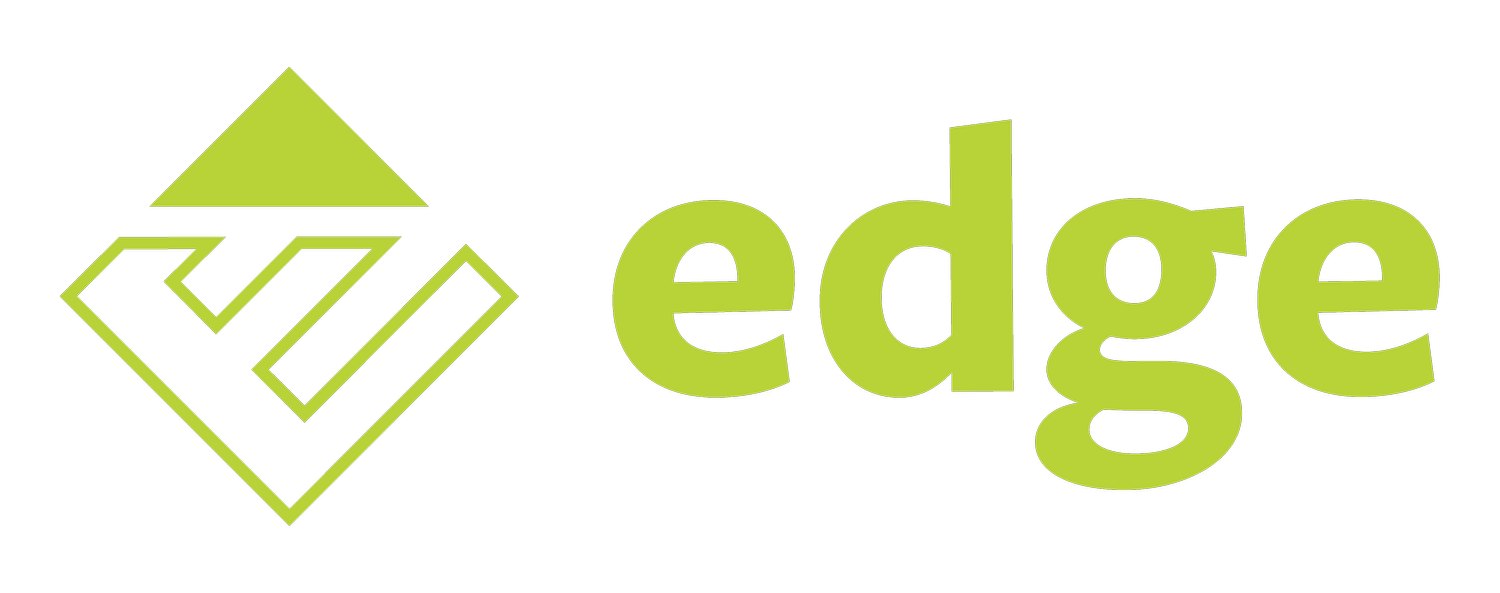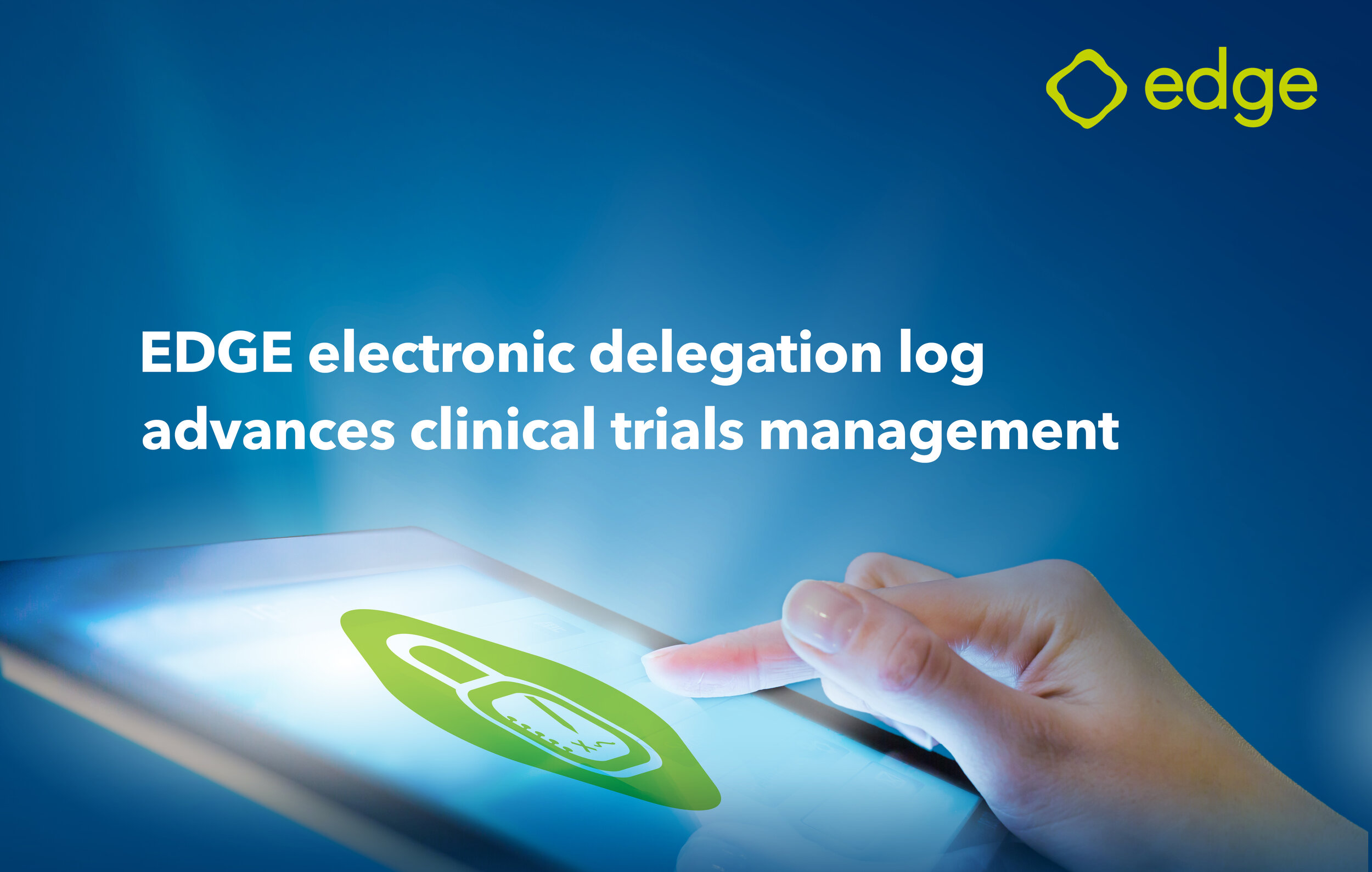The EDGE programme has always promoted collaborative working through its specially designed features and online working environment. As a team we encourage our community of users to work together and share ideas in order to increase efficiency and remove the duplication of efforts, which can often happen in the world of research administration.
One of the ways we try to keep users up to date with what other users are doing in the hope that this may inspire more learning and an increase of usage of the system is through our monthly newsletter known as Know|edge. The newsletter is emailed to all users who have local administrator access to the system but is also tweeted out through our @EDGEclinical account each month.
The newsletter features a Q&A with a specially selected EDGE Super User who is asked questions by our very own Research & Insight Analyst Dr Ken Beeson-Brackstone, which cover their use of EDGE, their research background and he often throws in the ‘What function of EDGE most resembles you?’ which is always an interesting one!
Through the success of the newsletter and the Q&A we know that our users like to learn and know more about other members of the community and what they are doing at their organisations in relation to EDGE. Our annual EDGE conferences then plays a big part in this, bringing the community together to learn and share ideas. But, as we concentrate on the build of EDGE V3 we are taking some time off from planning the next big event which has left the marketing team thinking of new ideas to keep users engaged and connected with one another.
This has led to some new and exciting communication streams recently launched. The first being the Super User Top Tips where each month an EDGE Super User will share their top 5 tips on a certain EDGE related topic or function to help other users with getting started. The top tips are shared within the Know|edge newsletter, as well as tweeted and also found on our website edgeclinical.com. Each of the top tips have been designed into a poster format which can be shared amongst users or printed for displaying at your organisation.
The next new communication stream is a series of training webinars called Advance, which will star a different Super User each time who will demonstrate areas of the EDGE system in a form of training. We are currently going through a list of topic requests and hope to release more information as soon as possible.
We hope these new ideas are beneficial to our existing EDGE users and look forward to seeing the outcomes!
If you would like to subscribe to our monthly Know|edge newsletter then please email edgecomms@soton.ac.uk







